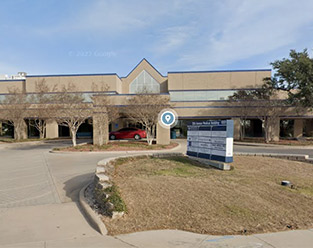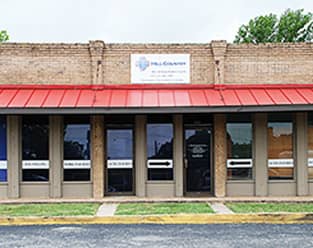What Are the Symptoms? What Should You Do?
 Children seem to be indestructible, climbing everywhere and falling off, often landing on their heads. How can you know if your small child has suffered a concussion or other serious head injury? What should you do if you suspect a concussion or traumatic brain injury?
Children seem to be indestructible, climbing everywhere and falling off, often landing on their heads. How can you know if your small child has suffered a concussion or other serious head injury? What should you do if you suspect a concussion or traumatic brain injury?
What Is a Concussion?
A mild to medium form of traumatic brain injury (TBI), a concussion involves a blow or bump to the head or neck that causes some level of interference with the brain’s normal function. Most concussions heal (with time and rest) within a couple of weeks or months, but a concussion can lead to serious and even permanent impairment, including cognitive challenges, memory problems and balance issues.
How Can You Tell If an Infant or Small Child Has Suffered a Concussion?
With infants, because they can’t communicate symptoms to you intelligibly, you must look for visual cues. The common symptoms of a concussion in a very young child include:
- Persistent vomiting/inability to keep any food down
- A loss of appetite
- Uncharacteristic irritability or fussiness
- Bumps or bruises on the head
- Crying or resistance when they move their head or you touch their head
- Changes in sleep patterns, either characterized by insomnia or excessive sleeping
Toddlers and older children can do a better job of explaining how they feel, but may still not be able to clearly identify symptoms. In addition to the symptoms listed above, older children may suddenly show a lack of interest in toys or other things that have captivated them. They may also experience dramatic mood swings or have increased sensitivity to light or sound.
Contact Us to Set Up an Appointment
At Advantage Healthcare Systems, we have extensive experience working successfully with individuals who suffer any type of concussion, TBI or traumatic brain injury. Call us toll-free at 1-877-487-8289 or fill out the form provided below to schedule an assessment. We offer locations across Texas, including Fort Worth, Dallas and San Antonio.





